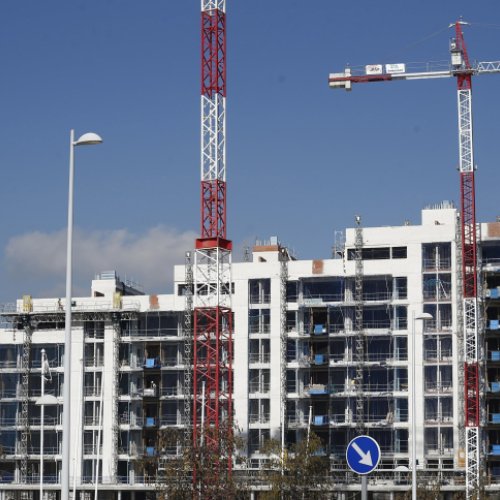
Changes to the Municipal Capital Gains Tax: How It Affects Home Sellers

Changes to the Municipal Capital Gains Tax: How It Affects Home Sellers
In Spain, municipal capital gains tax is one of the largest sources of funding for the municipalities. But it is also one of the concerns of home sellers, for whom it sometimes involves considerable outlay. It should be remembered that this tax imposes a change in the value of land from the time of acquisition to the time of sale.
Tax always controversial, on October 26 the Constitutional Court annulled some of the articles of the Local Haciendas Regulatory Act. In particular, he described as unconstitutional those who referred to the calculation of the tax base for this tax, considering that the principle of economic capacity was violated.
The High Court based its decision on the fact that the method used to date gave a valid revaluation of the land without taking into account whether or not that increase in value had occurred, nor its actual amount. And yet it was that previously established value that was used to calculate the amount of tax that the seller was required to meet.
The decision of the Constitutional Court generated a small earthquake between the municipalities, fearful of losing that source of income, as well as the vendors, confused by the situation. In view of this, the Government had no choice but to approve, by way of urgency, a new regulation for municipal capital gains tax.
What is the new municipal surplus value tax?
Regulatory change has two important consequences for home sellers. The first is that there are two methods of calculating the tax:
*Objective mechanism: The calculation is made taking into account the cadastral value of the land in the year of acquisition and the value of the year of sale.
What does all this mean? First, that the seller can choose the calculation system that most benefits him economically. And, secondly, that surplus value will no longer have to be paid when there are losses, as if it could happen until now despite some judgments against it.
On the other hand, whatever the mechanism, coefficients will always be applied on the cadastral value of the land. These are percentages that must be approved by city councils and that vary according to the years from the acquisition to the sale of the property. However, and although each municipality is free to establish them, they cannot exceed the limits set by the Treasury.
The second important consequence of this new municipal surplus value tax is that surplus value generated in less than a year will also be taxed. In other words, if a home is acquired or inherited and sold in less than twelve months, the tax will have to be paid, which was not the case before its modification. The aim of this measure is nothing other than to curb speculation.
Finally, there are other aspects that must also be taken into account. On the one hand, the application of the new legislation is not retroactive. On the other hand, the municipalities have a period of six months to adapt their fiscal ordinances to it.
If you are thinking of selling a home, keep in mind those changes in the municipal capital gains tax, especially in the possibility of choosing the calculation mechanism.
CATEGORIES
Request
a visit
Full name
phone
E-MAIL
DATE
TIME
YOUR MESSAGE





